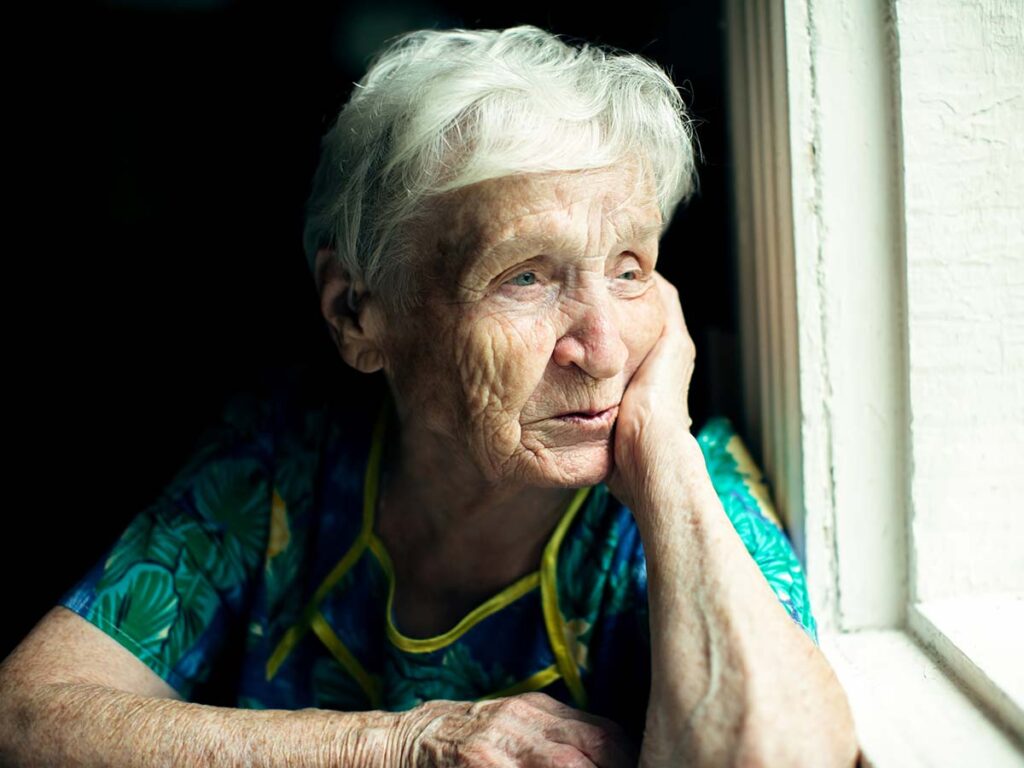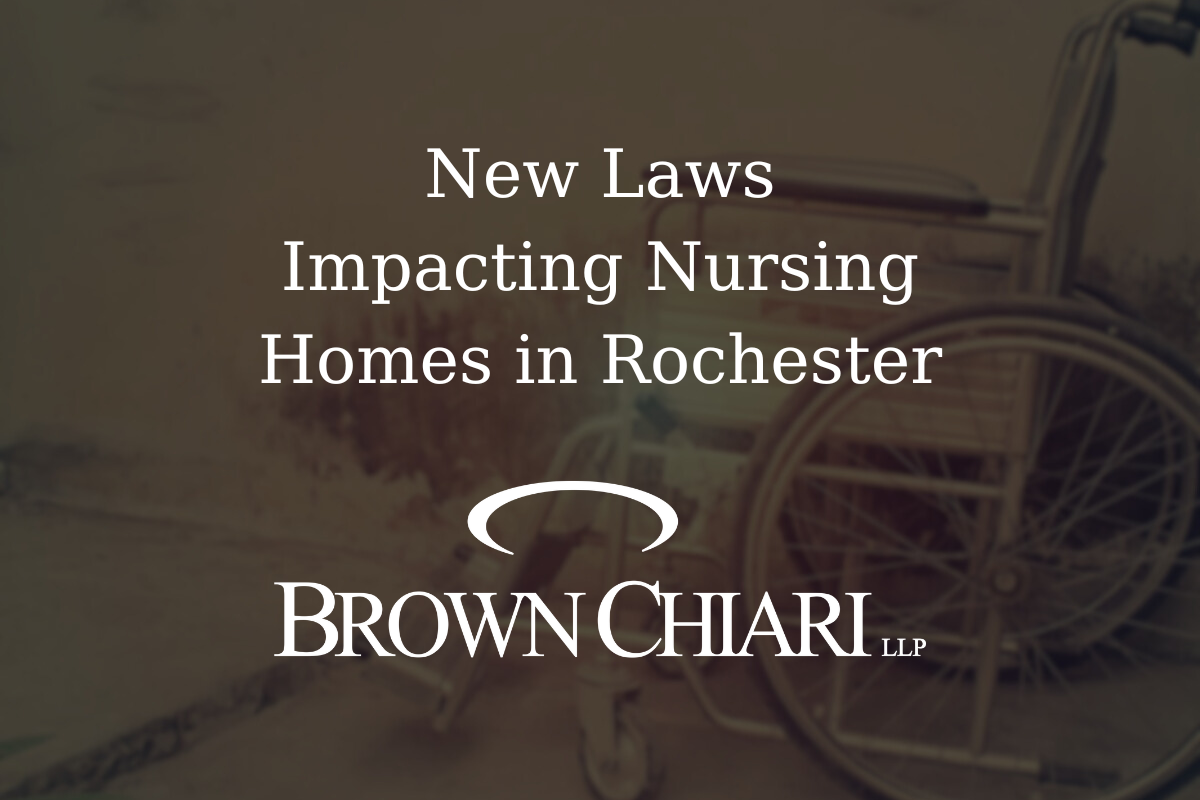In recent years, New York State has implemented several legislative reforms that significantly impact nursing homes across the state, including facilities in Rochester. These new laws are designed to address long-standing issues related to staffing shortages, care quality, financial accountability, and transparency. Understanding how these changes affect residents, families, nursing home staff, and operators is essential.
Minimum Staffing Standards
As of April 2022, all nursing homes in New York are required to meet minimum staffing standards that ensure each resident receives at least 3.5 hours of direct care per day. This must include:
- 1.1 hours of care from licensed nurses
- 2.2 hours from certified nurse aides
These staffing mandates were introduced to address widespread staffing shortages and ensure that residents receive consistent, high-quality care. However, despite the law’s intent, many nursing facilities across the state—including in Rochester—have struggled to meet these standards. To date, hundreds of facilities have been cited for violations, though enforcement remains an ongoing issue under review by the state health department.

Transparency in Facility Quality Ratings
A new law taking effect in December 2024 requires all nursing homes in Rochester and statewide to display their current federal CMS (Centers for Medicare and Medicaid Services) star ratings. These ratings include scores for health inspections, staffing, and overall quality of care. The purpose of this legislation is to provide greater transparency and help families make better-informed decisions when selecting a nursing facility.
Medicaid Reimbursement Rate Adjustments
The 2025 New York State Budget includes a 7.5% increase in Medicaid reimbursement rates for nursing homes. This adjustment was implemented to help facilities cover rising operational costs, especially those associated with complying with the new staffing mandates. While advocacy groups and industry leaders acknowledge this increase as a step in the right direction, many believe further adjustments are necessary to fully support high-quality long-term care.
Proposed Increases in Civil Penalties
New York lawmakers have proposed legislation to raise the maximum civil penalties for nursing homes and hospitals that violate state public health laws. If passed, this law would significantly increase financial consequences for non-compliance, reinforcing the state’s commitment to holding nursing centers accountable for substandard care, regulatory violations, or staffing failures.
Safeguards for Nursing Home Closures
Amid growing concerns about nursing home closures, especially in areas like Rochester, new legislation has been introduced to establish protections for residents affected by facility shutdowns. This law requires facilities to create comprehensive relocation plans and ensure residents are safely transitioned to other appropriate care settings, helping prevent disruption to essential services and emotional distress for families.
Ongoing Challenges for Staffing and Compliance
While these laws are aimed at improving care, many nursing facilities are still grappling with persistent staffing shortages and compliance challenges. Recruiting and retaining licensed nurses and certified nurse aides remains difficult, particularly in rural or underserved areas. To meet state standards, nursing homes must invest in training, increase pay, and improve working conditions for nursing home workers.
Additionally, the state health department and the New York State Department of Health continue to conduct facility inspections and monitor compliance to ensure regulations are being followed.
What This Means for Rochester Nursing Facilities
Operators of nursing homes in Rochester must take proactive steps to align with these new laws and avoid potential penalties. Key actions include:
- Reviewing current staffing levels and adjusting schedules to meet requirements
- Ensuring transparent communication with residents and families about facility ratings
- Preparing for increased oversight and potential audits by regulatory agencies
- Committing to long-term strategies that improve care and reduce staff turnover

Looking Ahead
These new laws represent a major shift in how nursing homes in Rochester and throughout New York operate. With increased attention from the state legislature and the public, nursing facilities are under more pressure than ever to provide high-quality, transparent, and compliant care to residents. For families, the reforms offer greater insight and stronger protections. For providers, they signal the need to adapt, invest, and prioritize resident well-being in every aspect of care delivery.
Brown Chiari LLP has decades of experience representing victims of nursing home neglect and abuse throughout New York, including in Rochester. If you believe a loved one has been harmed due to poor care, staffing violations, or facility mismanagement, our legal team can help. We offer free consultations and work on a contingency fee basis—meaning you pay nothing unless we recover compensation for you. Call Brown Chiari LLP at (716) 681-7190 or contact us online to learn how we can help you pursue justice and accountability.
FAQs: New Laws Impacting Nursing Homes in Rochester
1. What are the staffing requirements for nursing homes in Rochester under New York law?
Nursing homes must provide at least 3.5 hours of direct care per resident per day, including 1.1 hours from licensed nurses and 2.2 hours from certified nurse aides, as mandated by the April 2022 staffing law.
2. How will the CMS star rating display law impact Rochester nursing homes?
Starting December 2024, all facilities must publicly post their CMS star ratings for inspections, staffing, and care quality. This increases transparency and helps families make informed choices about elder care in Rochester.
3. What is the purpose of the Medicaid reimbursement rate increase in 2025?
The 7.5% Medicaid rate increase aims to help nursing homes manage rising operational costs, particularly those associated with hiring and retaining adequate staff to meet new care standards.
4. Are there new penalties for nursing homes that fail to comply with regulations?
Yes. Proposed legislation seeks to increase civil penalties for violations of public health laws. This would raise the financial stakes for facilities that deliver substandard care or fail to meet staffing requirements.
5. What protections are in place for residents during a nursing home closure in Rochester?
New legislation requires facilities to develop relocation plans and ensure safe, coordinated transitions for all residents in the event of closure, protecting their health and emotional well-being.
